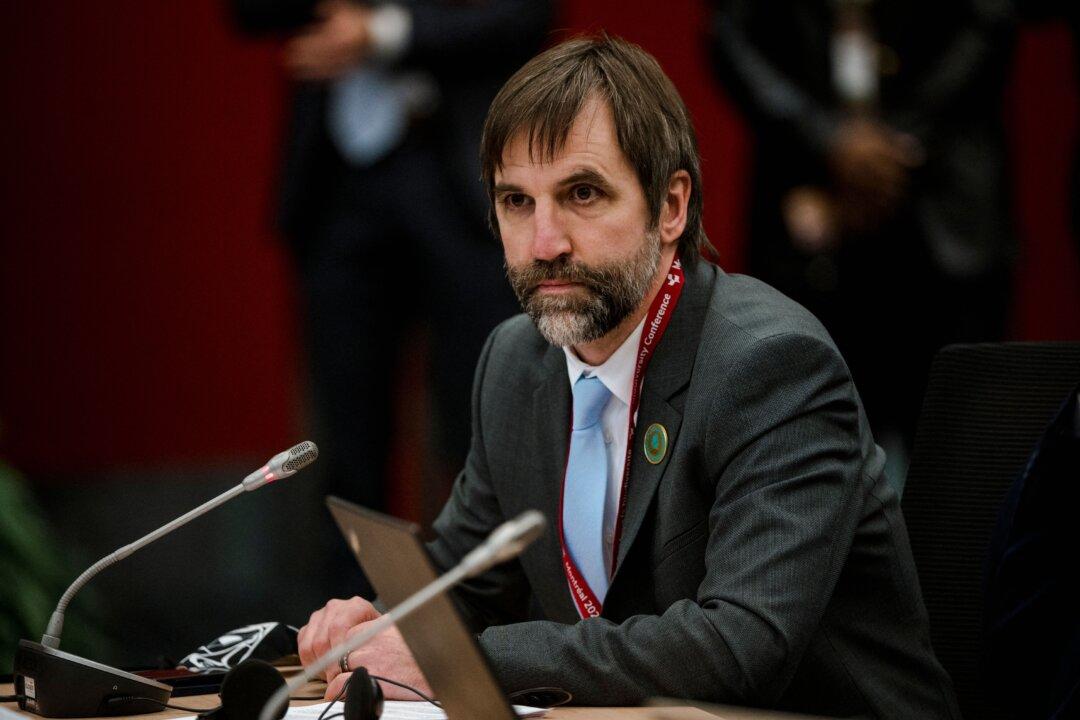The federal government has given over $144 million to international organizations, including the United Nations, “for the purpose of fighting climate change” since 2017.
“Canada’s International Climate Finance Program aims to support low and middle-income countries already affected by climate change in their transition to sustainable, low-carbon, climate-resilient, nature-positive and inclusive development,” states the Jan. 29 response from Environment and Climate Change Canada (ECCC) to Conservative MP Cheryl Gallant’s Inquiry of Ministry submitted Dec. 1 last year.





